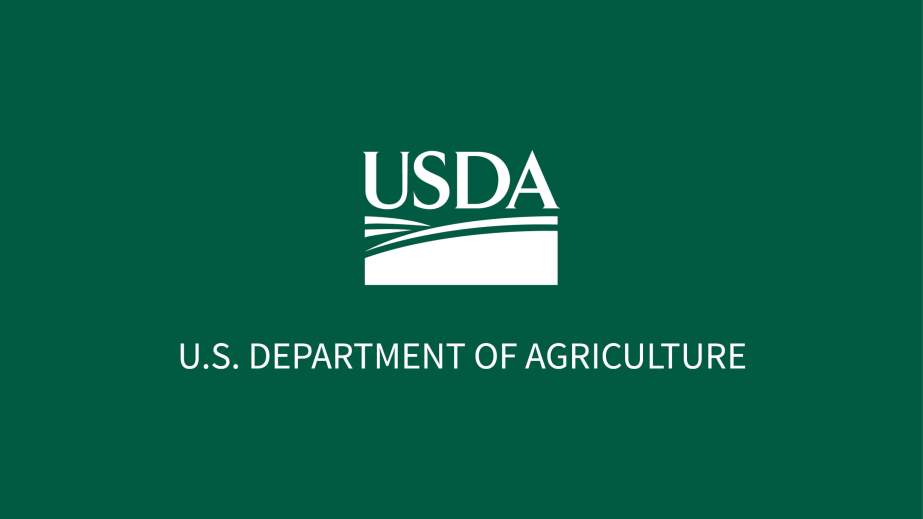Southeast specialty crop growers should be aware that the U.S. Department of Agriculture Farm Labor Stabilization and Protection Pilot Program (FLSP) will award up to $65 million in American Rescue Plan Act funding to support agricultural employers in implementing robust labor standards that promote a safe, healthy work environment for both U.S. workers and workers hired from northern Central American countries under the seasonal H-2A visa program.

The 2023 FLSP grant application period closes November 28, 2023.
“Our country is facing growing agriculture workforce challenges that jeopardize our farmers’ ability to be competitive, threatens the resiliency, abundance and safety of our food system, and has repercussions on our overall economy. At the same time, record numbers of people are interested in living and working in the United States, including from Northern Central America,” said Agriculture Secretary Tom Vilsack. “This pilot program has been designed with significant input from immigration, labor, and agricultural stakeholders in an effort to help address these immediate challenges. The program will provide incentives designed to simultaneously benefit workers and employers, with the potential to inform the H-2A program, raise labor standards for farmworkers, and help alleviate our agricultural workforce challenges over the long term.”
The program is funded by the Farm Service Agency and will be administered by the Agricultural Marketing Service and the Farm Production and Conservation Business Center.
The FLSP Program seeks to advance the following priorities:
- Address current workforce needs in agriculture: Based on stakeholder input, USDA identified that agricultural employers have experienced increased challenges finding an adequate supply of workers, which threatens our domestic capacity to produce a safe and robust food supply. This pilot program will help address these challenges by expanding the potential pool of workers, and enhancing employers’ competitiveness by improving the quality of the jobs they offer.
- Reduce irregular migration, including from Northern Central America through the expansion of regular pathways: While U.S. agricultural operations seek additional workers, the Biden-Harris Administration has committed to promote the expansion of regular migration pathways, as part of the Los Angeles Declaration on Migration and Protection. The FLSP offers an opportunity to support this commitment, with economic benefits for foreign workers and their families, and professional and economic development opportunities for communities that send their workers to participate in the H-2A program.
- Improve working conditions for farmworkers: A stable and resilient food and agricultural sector relies on attracting and retaining skilled agricultural workers, and strong working conditions are critical to achieve that goal. Through this pilot program, USDA will support efforts to improve working conditions for agricultural workers, both U.S. and H-2A workers.











